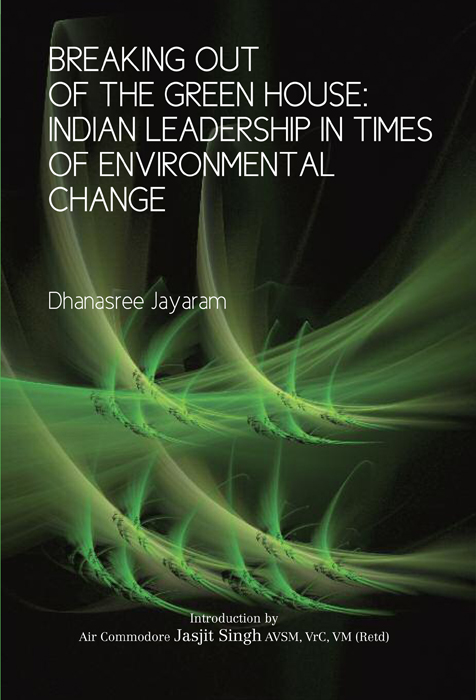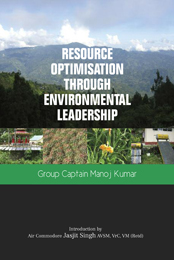Subjects
Breaking Out of the Gree House: Indian Leadership in Times of Environmental Change
Dhanasree Jayaram
The book traverses several pathways including the basics of science and geography, geopolitics and international relations, strategic and security studies, policy-related and diplomatic dialogues, as well as socio-cultural and economic perspectives in order to bring out a holistic picture of how environmental change has shaped the international system and India’s position in it. The central argument of the book that environmental change can change/is changing geography and in turn can change/is changing international relations has been substantiated by detailed analysis of the drivers of India’s environmental policies, international climate change negotiations, role of state and non-state actors in the international environmental discourse both in theory and practice, and finally the interconnectedness between environmental change and national security. The volume tries to find the right balance between the international scene embodied by the negotiations driven by hardcore economics on the one hand, and the domestic realities of India that steer its climate change policy based on energy security and developmental concerns. The need to address the larger issue of environmental change rather than concentrating on one aspect of it – climate change – to reduce the amount of polarisation that surrounds the global environmental debate especially in the wake of the introduction of the issue at the United Nations Security Council, has been reiterated throughout the work. It contains policy recommendations in terms of methods of adaptation, mitigation, energy management/diversification, enhancement of the role of think tanks as well as diplomatic manoeuvring (principles-based) at the climate change negotiations and other international debates. This area of study is comparatively new in India while the West has been dedicating a significant amount of resources towards research in energy and environmental security for the past two decades. Therefore, one of the objectives of the book is to evolve an Indian perspective on these strategic issues in a Western literature-dominated arena. Though the book brings to light several gaping holes in India’s policy and strategy, it contends that India has a plethora of options and opportunities to not only maintain its own national security but also help the world ‘adapt’ and ‘mitigate’ in times of environmental change.


 Political Science
Political Science



